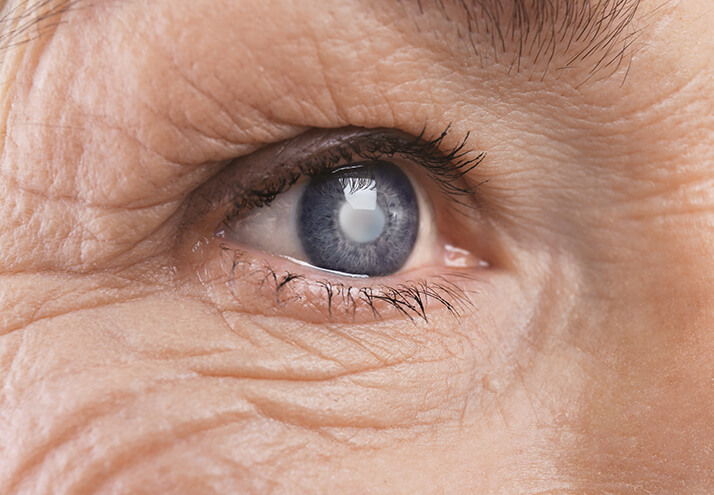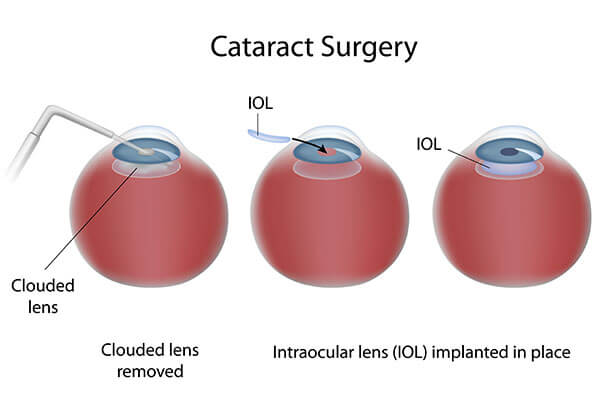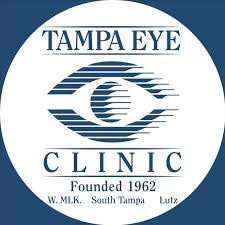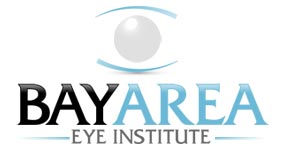Cataract Surgery

What is a Cataract?
Inside of our eye, we have a natural lens that helps focus light onto the retina so that we can see clearly. When we are young, the lens is clear or has little color. Much like getting fine lines or wrinkles on our face as we get older, a Cataract is the natural aging process that occurs in the lens of our eye. When we have Cataracts, the lens can become cloudy and change color, which can change how we see the world. It has been said that the famous painter Vincent Van Gogh painted with yellows and browns as he got older because he had Cataracts.
What are the symptoms of a Cataract?
Nowadays, we do not usually wait until a Cataract is as dense as Van Gogh’s to do surgery. Some vision changes that patients may notice when Cataracts are forming include blurry vision, glare from bright lights, especially while driving at night, trouble reading, and needing to change your eyeglass prescription more frequently than usual.
What causes Cataracts?
The most common cause of a Cataract is the natural aging process. These changes in the lens can start anywhere between age 40 and 60. Factors that can cause a cataract to form or progress more rapidly include:
- Diabetes
- Physical injury to the lens, from trauma, other eye surgeries, or radiation treatments
- Family history of early cataracts
- Certain medications, like steroids
- UV Exposure from the sun
If you have diabetes, controlling your blood sugar levels can help slow down cataract formation. In addition, if you spend a lot of time outdoors in the sun, wearing sunglasses that block UV rays is important.
When should I get Cataract Surgery?
When cataracts are small, sometimes the vision can be improved with glasses. If your vision can no longer be restored to an acceptable level with glasses, it may be time to consider cataract surgery. Sometimes, even with new glasses, you may have trouble with your activities of daily living, such as reading, doing work or sports, or especially driving at night. In this case, cataract surgery can help restore your vision and improve your quality of life.
Dr. Gamell will do a comprehensive cataract evaluation to assess your overall eye health and visual acuity before suggesting surgery. She will discuss all of the options for surgery, including which intraocular will be best for you. Together, you and Dr. Gamell will come up with a plan that will work best for you.
What happens during Cataract surgery?
Cataract surgery is most often done with local anesthesia while you are awake. It is usually performed at an outpatient Ambulatory Surgery Center or ASC. If you have serious health issues or medical problems, Dr. Gamell can also do your surgery at an ASC located within a major hospital, such as Tampa General.

To perform the surgery, a small incision is made in your cornea and a special device is used to soften the lens and remove it from your eye. The cloudy lens is then replaced with a new, clear, plastic lens called an intraocular lens. Measurements and calculations done during your pre-operative visit help Dr. Gamell determine the proper lens to put in your eye. Usually, surgery is done on one eye first, and then the second eye around 2-4 weeks later.
There are many different types of intraocular lenses available now for cataract surgery. The type of lens Dr. Gamell puts into your eye depends upon the health of your eye, and also your goals for vision after the surgery. Some of the lens options are listed below.
Monofocal Lens
Monofocal lenses provide single-focus strength to improve your vision mainly at distance.
Multifocal Lens
Multifocal lenses work much like bifocals or progressive lens glasses, allowing you to see at varying distances.
Toric Lens
If you have vision issues due to astigmatism, you may benefit from a toric lens.
Multifocal Toric Lens
These lenses can help correct astigmatism, and also help you see at varying distances as well.
How long does it take to recover from Cataract Surgery?
While your vision can improve rather quickly after cataract surgery, it can take a number of weeks for the eye to heal completely. Dr. Gamell will prescribe eyedrop medications for you to use after the surgery that will help the healing process. You can usually get back to your routine within a few days. Dr. Gamell will give specific post-operative instructions, depending upon the demands of your work or lifestyle. You will have 3-4 post-operative visits to help monitor your vision and eye health after the surgery.
Cataract Surgery in Tampa
If you need surgery for cataracts, schedule a consultation to discuss your options by calling Dr. Gamell at the office which is most convenient for you. She looks forward to helping you see better!




